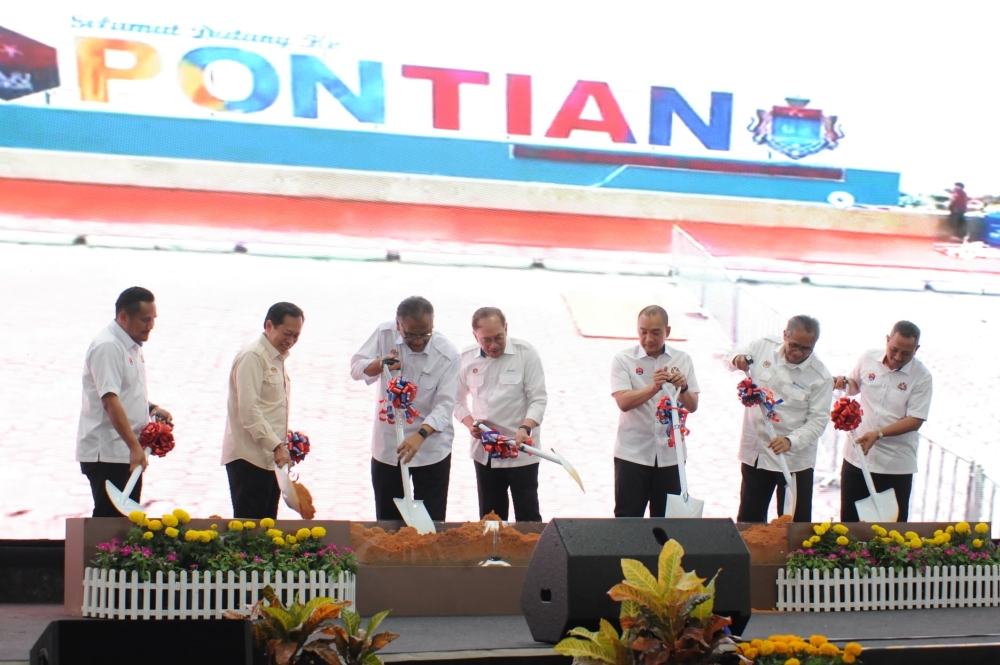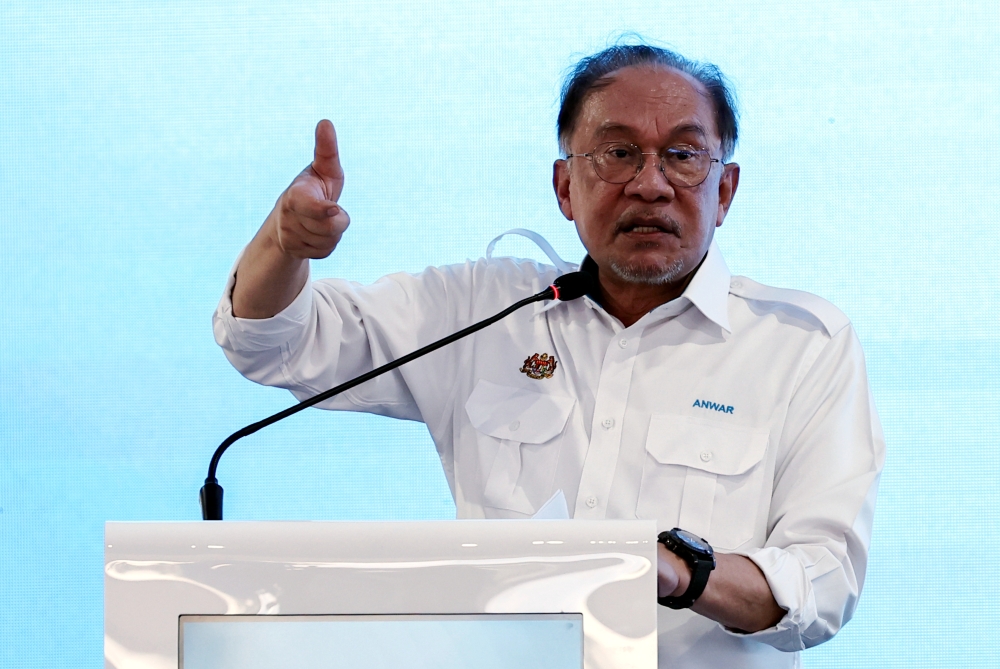KOTA KINABALU, March 27 — Hotels outside the national capital have found themselves unable to capitalise as fast as they had hoped on the news that Malaysia will be reopening its doors to the world next month.
In cities like Ipoh to the north of Kuala Lumpur and Kota Kinabalu, the state capital of Sabah, major hotels told Malay Mail that they have not seen any surge in interest, bookings or inquiries since the government announced that international travellers are officially welcome from April 1.
“So far, we have not seen any impact from it. There are some inquiries, but mostly from people planning ahead for the year end holidays,” said Hafizan Wong, the Sabah chapter chairman of the Malaysian Association of Hotels (MAH).
Several international chain hotels contacted by Malay Mail said that there has been little to no impact from most countries, and a few isolated inquiries from Western countries like the United Kingdom for what would be their summer holidays.
“I think people are adopting a wait-and-see approach. The SOPs have not been announced and they want things to be a bit more settled first,” Wong told Malay Mail when contacted about the buzz surrounding the government’s April announcement to transition towards Covid-19 endemicity.
He said they hope that business can pick up in the next two to three months as more countries in South-east Asia have also opened their borders to international travellers.
The Perak chapter chairman of MAH Vincent Ee observed a similar trend in the silver state, but said this is to be expected at the start of the border reopening.
He reasoned that many people are still very concerned with the risk of contracting Covid-19, more so while on holiday in a foreign land.
“Travellers are still very cautious and selective of their travel destinations,” he told Malay Mail.
Ee pointed out that the hotel industry in Perak is still dependent on domestic travellers to stay buoyant and said he is glad to have them.
“Ever since the government lifted its restrictions for the Phase 4 of the MCO, I’m pleased to say that the hotels in Perak have generally seen a high influx of bookings.
“Given the country’s borders have yet to fully re-open to foreign tourists, the hotel bookings are largely made by locals,” he said.
However, Ee also said that Malaysia’s hospitality industry cannot be sustained by just locals.
“With Ramadan just round the corner and the end of school holiday, the occupancy has actually dipped,” he said, expressing his concern.
Ee also said that many hotels may not be able to cater to large bookings due to the ongoing shortage of workers after being forced to trim their manpower to what was absolutely necessary in the early days of the pandemic in order to the business to survive.
“While hotels are expected to re-hire their ex-employees, they are also very cautious to have full manpower at this moment as the Ramadan month is just round the corner and there is a lack of significant response from the overseas market.
“Furthermore, it would also be challenging for hotels to re-hire as many of the ex-employees who may have moved on to other sectors or industries over the past couple of years to sustain themselves,” he explained.
Ee pointed out that hotels were facing shortage in rank-and-file positions particularly in the housekeeping, kitchen and stewarding sections.
“At the moment, although the situation with regard to manpower could be improved, I believe hotels are still able to manage their manpower to meet the travellers’ demands,” he said.
Wong also agreed, saying that hotels were cautious to rehire too many people now, as the future looked too uncertain yet.
“Although tourism is picking up, it is mostly the tourism destinations — chalets and bed-and-breakfast accommodations that has benefited.
“Domestic tourists will go to the islands, up to the mountains so city hotels won’t be affected so much,” said Wong.
Nevertheless, regional tourists from Singapore, Philippines, Indonesia and Brunei might be on the cards in the near future too.
“It will largely depend on whether our tourism ministry and state government can get more direct flights in,” he said.
















.jpg)


